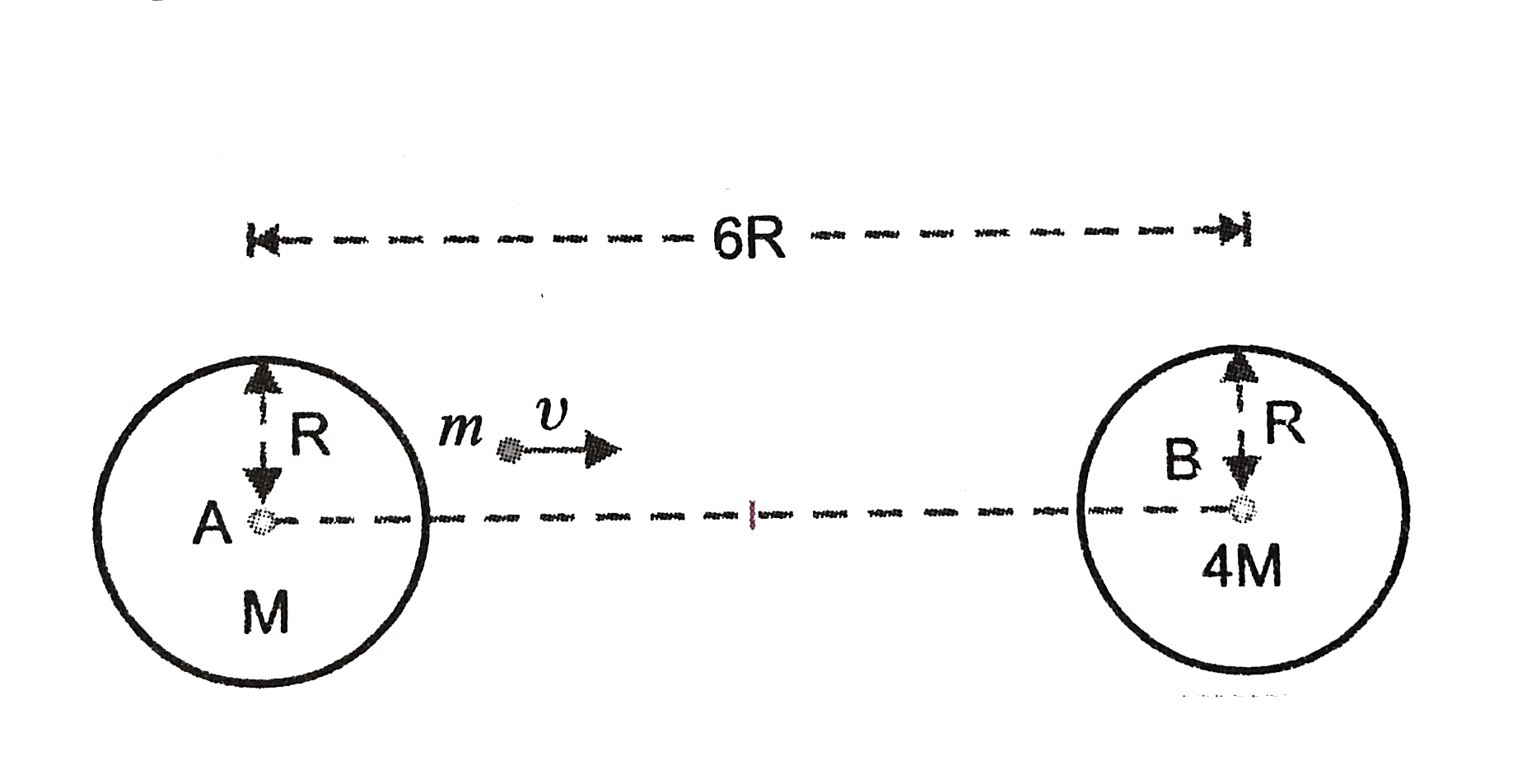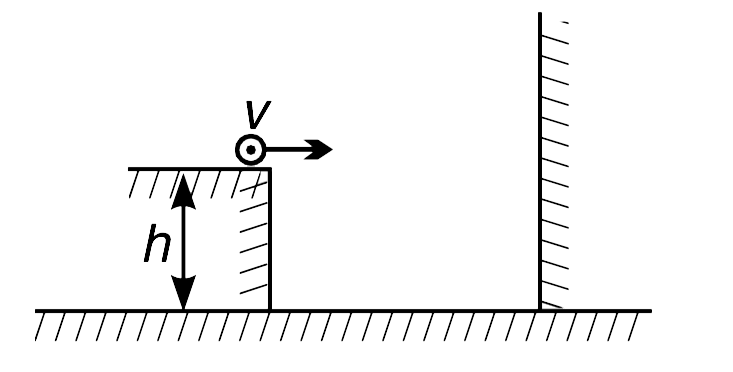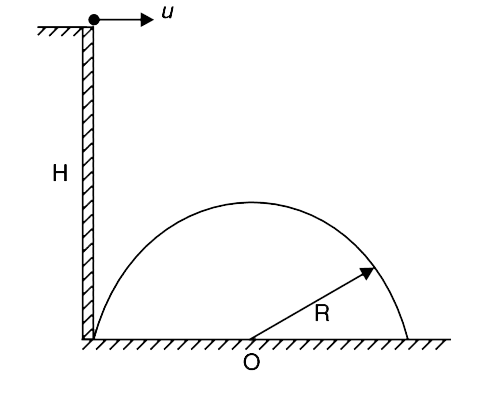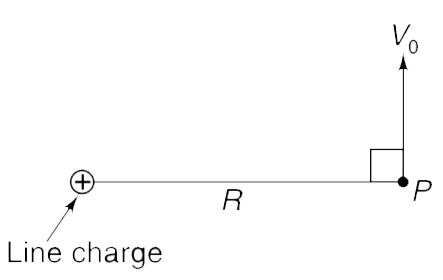A: Inner wall of Bowman's capsule is lined with specialized cells - podocytes having a number of projections
R: These projections increases the suface area from absorptions.
If both Assertion & Reason are true and the reason is the correct explanation of the assertin, then mark (1)
If both Assertion & Reason are true but the reason is not the correct explanation of the assertin, then mark (2)
If Assertion is true statement but Reason is false, then mark (3)
If both Assertin and Reason are false statements, then mark (4)
The correct Answer is:C
Step by step video, text & image solution for A: Inner wall of Bowman's capsule is lined with specialized cells - podocytes having a number of projections R: These projections increases the suface area from absorptions. by Biology experts to help you in doubts & scoring excellent marks in Class 12 exams.
Updated on:21/07/2023Topper's Solved these Questions
- EXCRETORY PRODUCTS AND THEIR ELIMINATIONBOOK - AAKASH INSTITUTECHAPTER - EXCRETORY PRODUCTS AND THEIR ELIMINATIONEXERCISE - SECTION C (PREVIOUS YEARS QUESTIONS)
46 Videos
- EVOLUTIONBOOK - AAKASH INSTITUTECHAPTER - EVOLUTIONEXERCISE - TRY YOURSELF
29 Videos
- HUMAN REPRODUCTIONBOOK - AAKASH INSTITUTECHAPTER - HUMAN REPRODUCTIONEXERCISE - Try Yourself
17 Videos
Similar Questions
Answer question numbers (a) - (d) on the basis of your understanding of the folllowing paragraph and the related studied concepts :
The digested food is taken up by the walls of the intestine. The inner lining of the small intestine has numerous finger-like projections called villi which increase the surface area for absorption. The villi are richly supplied with blood vessels which take the obsorbed food to each and every cell of the body, where it is utilised for obtaining energy, building up new tissues and the repair of old tissues .
(a) Which step of nutrition in man is taking place in the small intestine ?
(b) What is the role of villi ?
(c) Where does utilisation/assimilation of digested foot take place ?
(d) Where else will you find villi ?
View SolutionThe range for a projectile that lands at the same elevation from which it is fired is given by R=(u2/g)sin2θ . Assume that the angle of projection = 30∘. If the initial speed of projection is increased by 1% , while the angle of projection is decreased by 2% . Then by what percentage does the range change ?
View Solution
Knowledge Check
The range for a projectile that lands at the same elevation from which it is fired is given by R=(u2/g)sin2θ. Assume that the angle of projection =30∘. If the initial speed of projection is increased by 1%, while the angle of projection is decreased by 2% then the range changes by
A−0.3%B+4.3%C+0.65%D0.85%A projectile of range R bursts at its highest point in two fragments, Both pieces at the time of bursts have the velocity in the horizontal direction. The heavier is double the mass of the figther. Lighter frangments falls at R2 horizontal distance from the point of projection in the opposite side of projection. The distance. where other part falls, from point of projection.
A7R4B5R4C8R4D6R4Anatomically, the ear can be divided into three major sections called the outer ear, the middle ear and the inner ear. How many statements are correct for inner ear?
i. The organ of Corti is a structure located on the basilar membrane which contains hair cells that act as auditory receptors.
ii. A large number of processes called stereo cilia are projected from the apical part of each hair cells
iii. Above the rows of the hair cells is a thin elastic membrane called tectorial membrane
iv. The vestibular apparatus is composed of three semi-circular canals and the otolith organ consisting of the saccule and utricle.
v. Semi-circular canals contain a projecting ridge called macula
vi. The saccule and utricle contain a projecting ridge called cristae
vii. The cristae and macula responsible for maintenance of balance of the body and posture.AThreeBFourCFiveDAll of these
The wall of the lieun has fingerlike projections called , ________ which have absorptive cells.
View SolutionTwo uniform soild spheres of equal radii R but mass M and 4M have a centre to centre separation 6R, as shows in Fig. (a) The two spheres are held fixed. A projectile of mass m is projected from the surface of the sphere of mass M directly towards the centre of ten second. Obtain an expression for the minimum speed υ of the projectile so that it reaches the surface of second sphere.

View Solution(a) A particle is thrown from a height h horizontally towards a vertical wall with a speed v as shown in the figure. If the particle returns to the point of projection after suffering two elastic collisions, one with the wall and another with the ground, find the total time of flight. [Elastic collision means the velocity component perpendicular to the surface gets reversed during collision.]

(b) Touching a hemispherical dome of radius R there is a vertical tower of height H=4R. A boy projects a ball horizontally at speed u from the top of the tower. The ball strikes the dome at a height R2 from ground and rebounds. After rebounding the ball retraces back its path into the hands of the body. Find u.

View SolutionAn infinite line cahrge is perpendicular to the plane of the figure having linear charge density λ, A partcle having charge Q and mass m is projected in the field of the line cahrge fromo point P. the point P is at a distance R from the line cahrge and velocity given tot he particle is perpendicular tot he radial line at P (see figure)
(i). Find the speed of the particle when its distance from the line cahrge grows the ηR(η>1)
(ii). Find the velocity component of the particle along the radial line (joining the line charge to the particle) at the instant its distance becomes ηR.

View SolutionThere are two vertical walls separated by a distance 3m. A projectile is projected from the foot of one wall with a speed 10√2ms at angle 45∘ with horizontal as shown in the figure. During its motion, it collides many a times with vertical walls elastically. During collision, the velocity of the 'projectile perpendicular to wall get reversed and the one which is parallel to wall remains unchanged. The number of collision projectile will make with the vertical walls before hitting the ground is
'(##CEN_KSR_PHY_JEE_C08_E01_021_Q14##)'
View Solution
